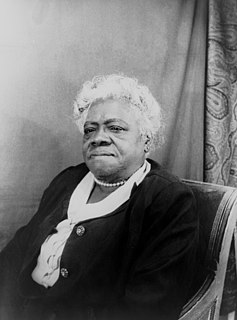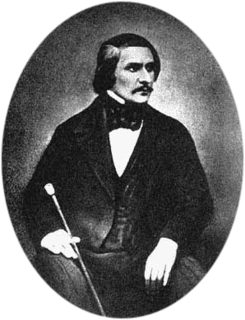A Quote by Herman Melville
There is sorrow in the world, but goodness too; and goodness that is not greenness, either, no more than sorrow is.
Related Quotes
I've found out why people laugh. They laugh because it hurts- because it's the only thing that'll make it stop hurting... I had been told that a 'funny' thing is a thing of goodness. It isn't... The goodness is in the laughing. I grok it is a bravery- and a sharing- against pain and sorrow and defeat.
Because the divine goodness could not be adequately represented by one creature alone, God produced many and diverse creatures, that what was wanting in one in the representation of the divine goodness might be supplied by another. For goodness, which in God is simple and uniform, in creatures is manifold and divided. Thus the whole universe together participates in the divine goodness more perfectly and represents it better than any single creature.
Recently, one friend asked me, "How can I force myself to smile when I am filled with sorrow? It isn't natural." I told her she must be able to smile to her sorrow, because we are more than our sorrow. A human being is like a television set with millions of channels. If we turn the Buddha on, we are the Buddha. If we turn sorrow on then we are sorrow. If we turn a smile on, we really are the smile. We can not let just one channel dominate us. We have the seed of everything in us, and we have to seize the situation in our hand, to recover our own sovereignty.
It is abundantly evident that, however natural it may be for us to feel sorrow at the death of our relatives, that sorrow is an error and an evil, and we ought to overcome it. There is no need to sorrow for them, for they have passed into a far wider and happier life. If we sorrow for our own fancied separation from them, we are in the first place weeping over an illusion, for in truth they are not separated from us; and secondly, we are acting selfishly, because we are thinking more of our own apparent loss than of their great and real gain.





































